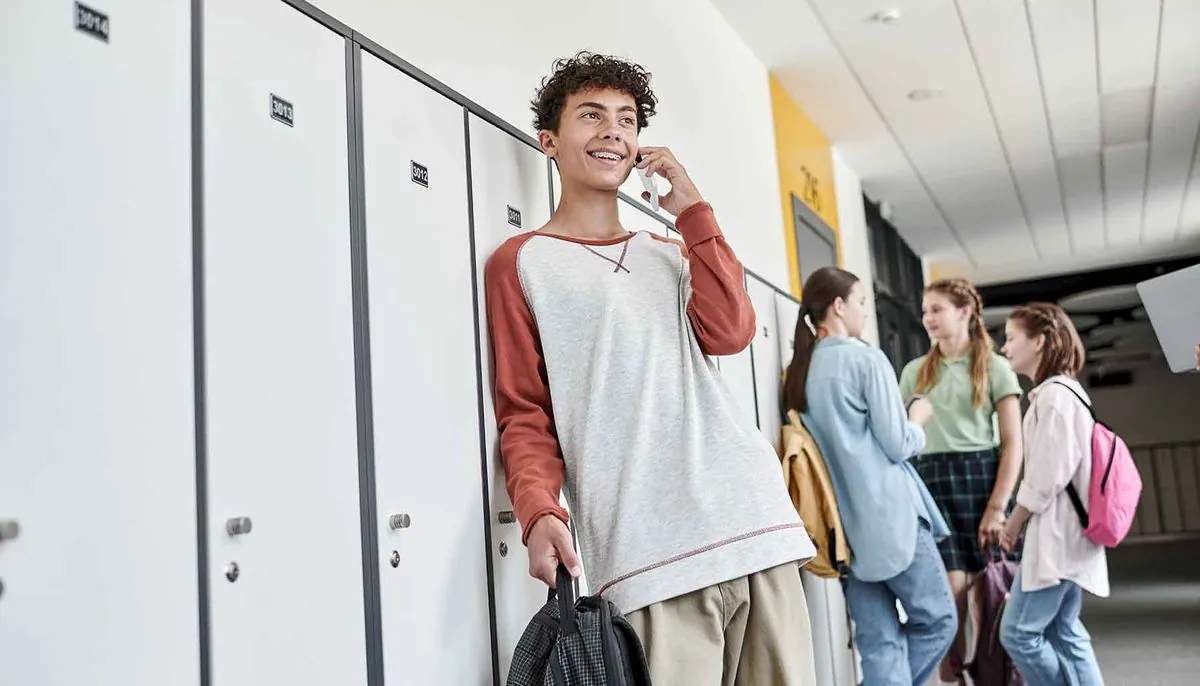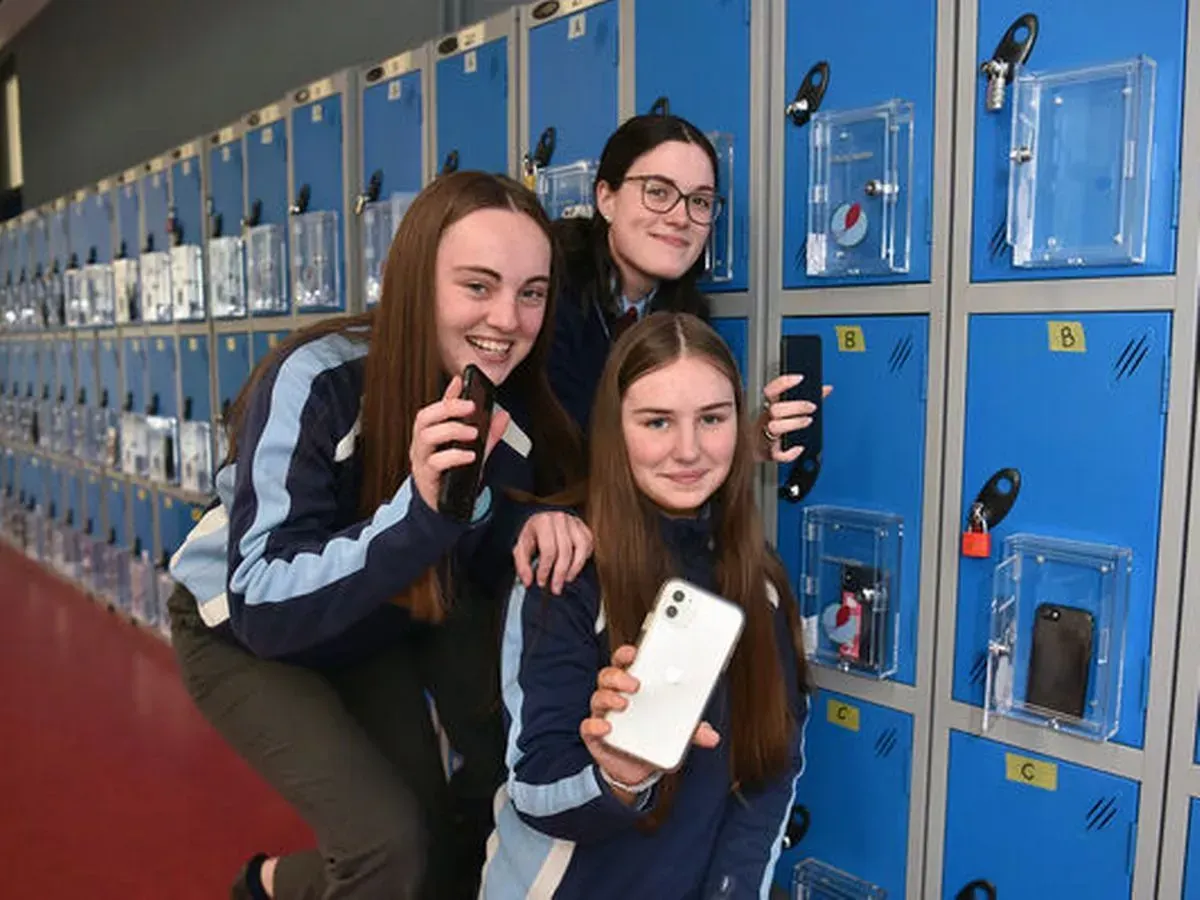Virginia Democrats Push for Stricter School Cellphone Regulations
Virginia Senate Democrats introduce legislation to limit cellphone use in schools, following Governor Youngkin's initiative. The bill aims to reduce distractions and regulate usage both in and out of classrooms.

Virginia Senate Democrats have introduced new legislation aimed at restricting cellphone use in schools, building upon a recent initiative by Governor Glenn Youngkin. This move comes as part of a broader effort to address concerns about the impact of mobile devices on students' learning environments and mental health.
The proposed bill follows the Virginia Department of Education's recent guidance recommending "bell to bell" restrictions on cellphone use in schools. However, the Democrats' legislation takes a slightly different approach, focusing on classroom restrictions while also regulating usage outside of class hours to minimize distractions and disruptions to the learning environment.
Governor Youngkin signed an executive order in the summer of 2024, calling for "phone-free" learning environments across Virginia. This order was prompted by growing concerns about the effects of social media on teen mental health. It's worth noting that the average person touches their phone 2,617 times a day, highlighting the pervasive nature of smartphone use in modern society.
The Democrats' bill aims to provide clearer requirements and enforcement mechanisms for school divisions to adopt cellphone policies. State Senate Majority Leader Scott A. Surovell emphasized the need for legislative action, stating:
The proposed legislation includes specific exemptions for special education students and outlines enforcement guidelines. Notably, it prohibits suspensions or expulsions for cellphone policy violations and places the responsibility of enforcement on school administrators rather than teachers or resource officers.

Cellphone use in schools has been a long-standing concern for educators nationwide. Interestingly, France banned mobile phones in schools nationwide in 2018, setting a precedent for such restrictions. The issue has gained traction in recent years, with many schools implementing their own policies to limit device usage.
A Washington Post-Schar School poll conducted in September 2024 revealed significant bipartisan support for cellphone restrictions in Virginia public schools. Approximately 69% of voters with children in K-12 education favored banning cellphones, including during lunch and class breaks.
Some schools in Virginia have already taken proactive measures. Fairfax County Public Schools and Arlington County Public Schools are piloting programs that lock cellphones in magnetic pouches during the school day. These initiatives reflect a growing awareness of the potential distractions posed by smartphones in educational settings.
As the debate continues, it's important to consider the broader context of smartphone usage. Studies have shown that the mere presence of a smartphone can reduce cognitive capacity, underscoring the potential benefits of limiting their use in academic environments. Additionally, the average person spends over 3 hours a day on their smartphone, time that could potentially be redirected towards more productive activities in a school setting.
The proposed legislation and ongoing discussions surrounding cellphone use in schools highlight the complex relationship between technology and education in the 21st century. As policymakers, educators, and parents navigate these challenges, the goal remains clear: to create an optimal learning environment that balances the benefits of technology with the need for focused, distraction-free education.


































